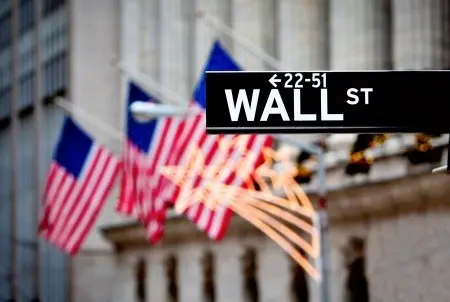Snap Inc.: Wall Street says its drastically overvalued.
Snapchat’s parent company dropped more than 12% in trading Monday, ending the day at $23.77 a share. Unfortunately for investors, that puts Snap below its first day opening price of $24.
The stock plunge comes after a strong Wall Street debut. Snap Inc. (SNAP) soared 44% above its IPO price of $17 a share on Thursday, its first day of trading. It jumped another 11% on Friday amid pent-up investor demand for the flashy social media service.
At $25 per share the Venice, Calif.-based company has a market cap of about $29 billion, making it worth more than CBS, Viacom, Dish Network and Twitter at that price. That’s despite Snap posting a $515 million loss for 2016, and no profit expected on the near horizon.
Snap Inc. offers a social networking mobile application which allows people to communicate and interact with each other through photos, short videos, and chats. Snap is known for its “self-destructing” feature, which deletes photos instantly after they have been viewed. Snap’s main revenue source is advertising.
According to analysts, the pullback indicates profit-taking after investor excitement for Snap led to a huge run-up in the two days following its IPO on March 2. It also comes after Wall Street analysts warned that Snap shares are drastically overvalued, with none so far having issued a “buy” rating on the stock.
Initial Public Offering (IPOs) are highly speculative.
The thought of initial public offerings (IPOs) such as Snap, Inc. is exciting and irresistible to many investors. Companies that go public are often in interesting industries. IPO companies also generally sell products that have become household names to investors in a short period of time. These companies turn to IPOs as a way to raise cash to sustain their rapid growth.
- There is zero trading history.
- The company is young. Small and rapidly growing companies are often the ones that go public. These companies tend to have limited operating histories, unproven management teams, and only a few products or customers.
- IPOs are usually first sold to large investors such as pension plans and endowments at the offering price. When the stock begins trading, investors are free to bid those shares above or below that offering price.
Much-anticipated IPOs such as Snap, Inc. often attract so much interest from the general public that the shares get driven to unreasonably high levels. Investors who buy in at the height of the mania are often disappointed with their returns.
The foregoing information, which is all publicly available, is being provided by The White Law Group.
For a free consultation with a securities attorney, please call (888) 637-5510.
The White Law Group, LLC is a national securities fraud, securities arbitration, investor protection, and securities regulation/compliance law firm with offices in Chicago, Illinois and Franklin, Tennessee. For more information, please visit our website, www.whitesecuritieslaw.com.
Tags: Chicago broker fraud attorney, Chicago FINRA attorney, Chicago investment fraud attorney, Chicago securities attorney, Chicago securities lawyer, IPO, IPO losses, IPO risks, Snap class action, Snap Inc price drop, snap inc. initial public offering, Snap Inc. IPO, Snap inc. losses, Snap Inc. Overvalued, snap inc. valuation, Snap Inc. Value, Snap investment losses, Snap lawsuit, Snapchat class action, Snapchat investigation, Snapchat IPO, Vero Beach securities attorney, Vero Beach securities lawyer Last modified: March 7, 2017






